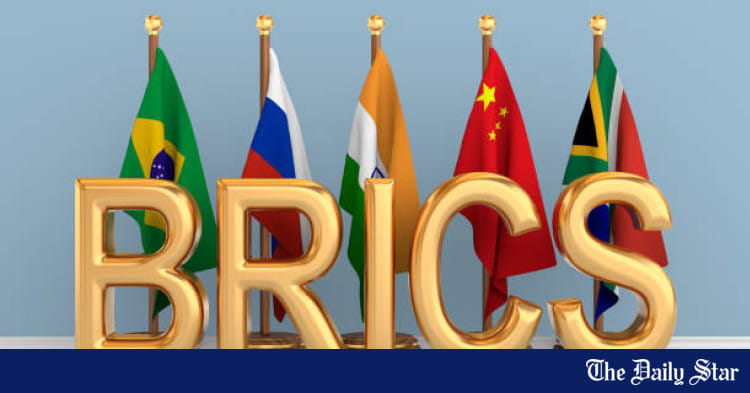- Copy to clipboard
- Moderator
- #21
- Joined
- Jan 24, 2024
- Messages
- 3,318
- Solutions
- 1
- Reaction score
- 1,719
- Points
- 209
BD definitely should pursue BRICS membership along with ASEAN.
BD needs to be present in as many forum as possible to increase our global exposure.
I have to be honest it is unlikely BRICS will introduce its own currency… the countries are very different and have do not really think in short term there is much benefit in it.
BD is part of BRICS Bank, we should explore cheap loans from it if feasible.
Your points are well taken, but getting too involved in BRICS activity - especially concerning de-dollarization, will prove to be very detrimental to Bangladesh Exports to the USA, which is one of our primary apparel markets.
Trump has threatened "friend" Modi that any further pursual of de-dollarization by India will invite an imposition of 100% tariffs on Indian exports to the US. Bangladesh certainly does not want to be in that boat.
All other points made are reasonable and those avenues can be explored.
Last edited:













